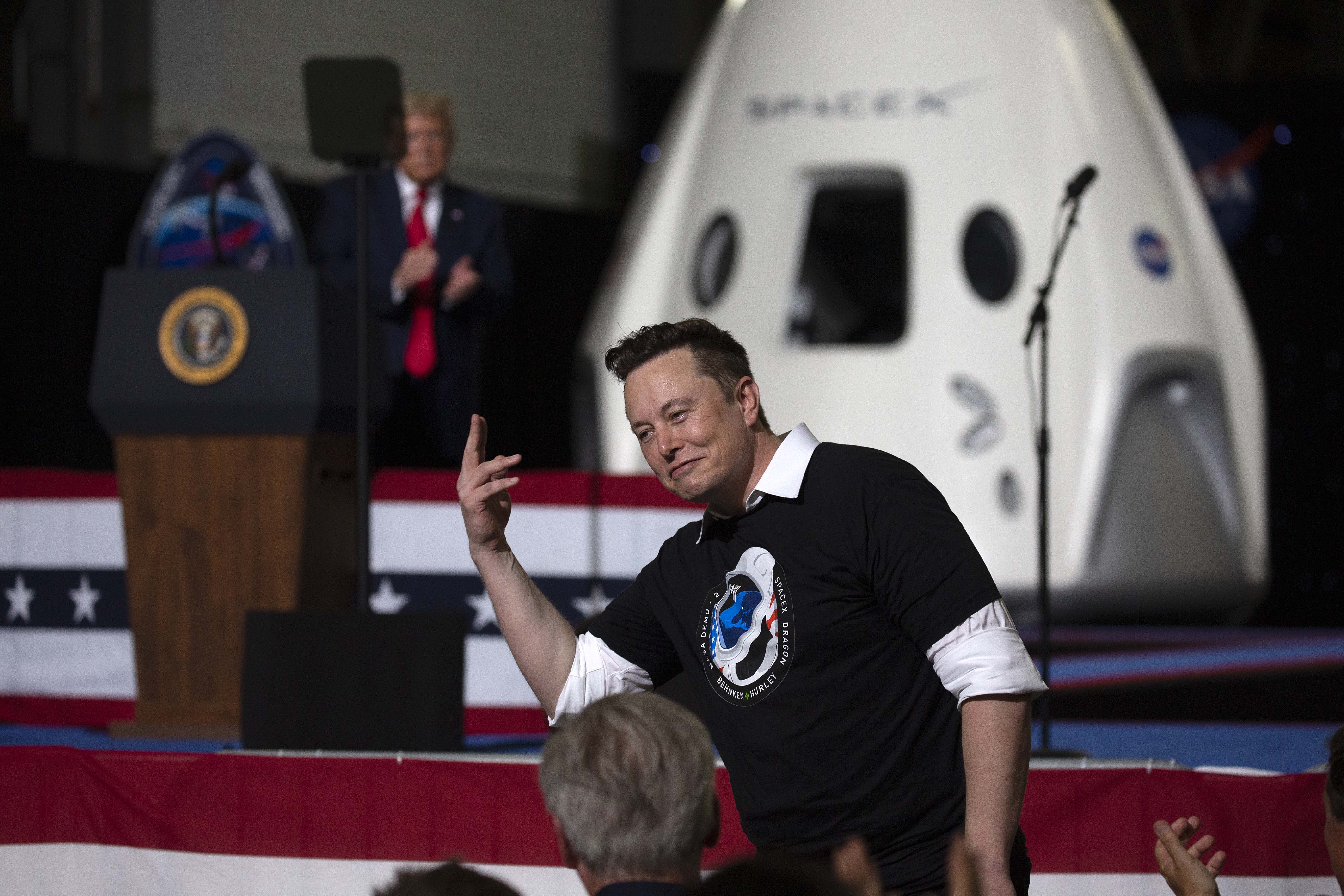
When NASA started the Commercial Crew Program in 2010, the goal was to get private-sector companies to produce the most cost-effective, innovative and safe way to get astronauts to the International Space Station.
The program was structured as a multi-tiered competition, with companies bidding for NASA contracts to build the space transportation systems under specific parameters set forth by the agency. NASA eventually awarded the contracts to SpaceX and Boeing.
For nearly a decade, SpaceX and Boeing have been neck and neck, building and testing their crew transportation systems. But SpaceX's successful launch in May marked a major milestone for the company, leaving Boeing to play catch up. It was the first time that NASA astronauts took off from U.S. soil since 2011 and the first time a commercially built spacecraft carried NASA astronauts.
"Boeing had the advantage of having a long history of working with NASA, a long history with the shuttle program. And, you know, knowing how to do these kinds of spacecraft," said Cristina Chaplain, a former director at the Government Accountability Office. Chaplain helped oversee the Commercial Crew Program for Congress.
"SpaceX was new to the game. And I think their advantage was their flexibility, their speed and their culture that they could work in this fixed price, more commercial like environment."
SpaceX used the NASA contract to develop the Crew Dragon capsule, and Boeing used it to develop the Starliner capsule. Both capsules are designed to be reusable. SpaceX also recycles its rocket, the Falcon 9, which it uses to launch the Crew Dragon capsule.
"The traditional aerospace industry, of course, questioned start-up companies like SpaceX," said Lori Garver, a former NASA deputy administrator. "A very senior executive of one of the competitors told me that SpaceX will never fly. Their rockets are put together with sealing wax and chewing gum. We really had a very healthy competition."
The SpaceX launch on May 30 was technically the last test flight needed before NASA can certify Crew Dragon for consistent, operational missions to the space station. The flight is scheduled to end on Sunday with the return of NASA's astronauts to Earth.
Watch the video above to find out how SpaceX beat Boeing to make history.
July 31, 2020 at 10:00PM
https://www.cnbc.com/2020/07/31/spacex-won-the-race-against-boeing-to-send-nasa-astronauts-to-space.html
How SpaceX won the race against Boeing to send NASA astronauts to space - CNBC
https://news.google.com/search?q=Send&hl=en-US&gl=US&ceid=US:en

No comments:
Post a Comment